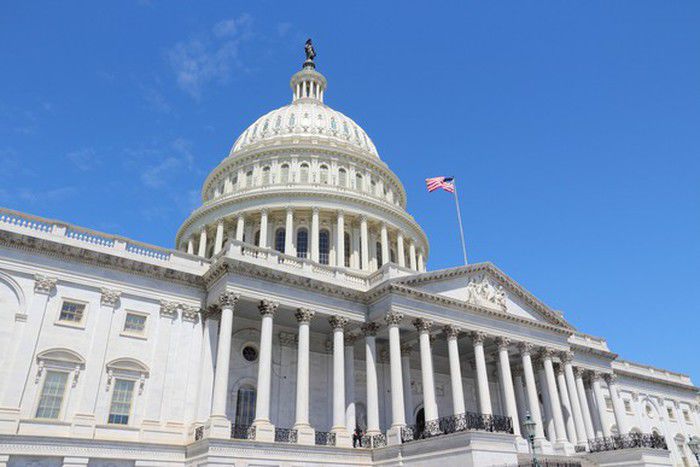
Tax reform will dramatically change your taxes when you file your returns early next year. With new rules covering tax rates, deductions, and other tax breaks, there’s a lot of planning that smart taxpayers are doing to take advantage of new opportunities to reduce how much they pay the IRS.
Yet some lawmakers aren’t satisfied with what tax reform efforts late last year accomplished. They’ve put together some new legislation, and one key bill that passed the House of Representatives recently could create a brand-new savings vehicle for Americans to use. Dubbed the Universal Savings Account, or USA for short, this new account would give savers a new tax incentive to put money aside for investment.
The basics of Universal Savings Accounts
The Family Savings Act of 2018 passed by a 240-to-177 vote in the House late last month as part of what many lawmakers have called Tax Reform 2.0. The proposed legislation makes several changes in the area of retirement savings, seeking to change the rules governing contributions to individual retirement accounts and remove requirements for some retirees to start taking withdrawals from their tax-favored retirement accounts once they hit age 70 1/2.
But arguably the biggest change that the Family Savings Act would make is to implement Universal Savings Accounts. USAs would allow taxpayers to contribute up to $2,500 per year, with the requirement to have earned income from a job or self-employment of at least the amount contributed.
In many ways, USAs would resemble Roth IRAs. Contributions wouldn’t be eligible for an up-front deduction on your tax return, but any income that the account generates would be free of tax. Unlike Roth IRAs, however, withdrawals would be allowed at any time, with no age requirements or penalties for taking money out at too early of an age.
The legislation also adopts many of the same requirements for handling Universal Savings Accounts that apply to IRAs. A person can’t just declare a particular savings or brokerage account as a USA; instead, the account has to have a designated financial institution named as its trustee in order to oversee and hold custody of the USA assets. The financial institution is also responsible for reporting requirements for the account.
Finally, the treatment of USAs at death would differ from how Roths work. A spouse can still inherit a USA and treat it as the spouse’s own USA going forward. However, unlike with the provisions that allow for so-called stretch IRAs, a USA heir who isn’t the account holder’s spouse is treated as having been distributed as of the date of the account holder’s death. After that, the account no longer qualifies as a USA.
How USAs can help savers
One big obstacle to getting people to save in retirement accounts is the fact that access to funds is limited. If you think you might need access to your money before you reach retirement age, then an IRA doesn’t really fit your needs perfectly. Even though Roth IRAs let you withdraw the amount of your initial contributions early without tax or penalty, the fact that the name of the account has the word “retirement” in it dissuades many people from using Roth IRAs to save.
By contrast, the entire purpose of the USA is to allow for immediate withdrawals on demand. Moreover, with no apparent income limit on using them, anyone would be able to open a USA as currently proposed.
Will USAs become law?
This isn’t the first time that lawmakers have tried to pass similar measures, so far without success. For instance, back in 2003, the Bush administration proposed changes that would have created Lifetime Savings Accounts with a similar structure to the current USA proposal. However, that proposal never became law, in part because it was coupled with other major changes that would have dramatically amended the existing structure of IRAs and 401(k) plans.
At this point, there’s enough disagreement on Capitol Hill to call into doubt any legislation moving forward. The Family Savings Act’s other provisions are generally viewed favorably, but that’s still no guarantee that you’ll be a


